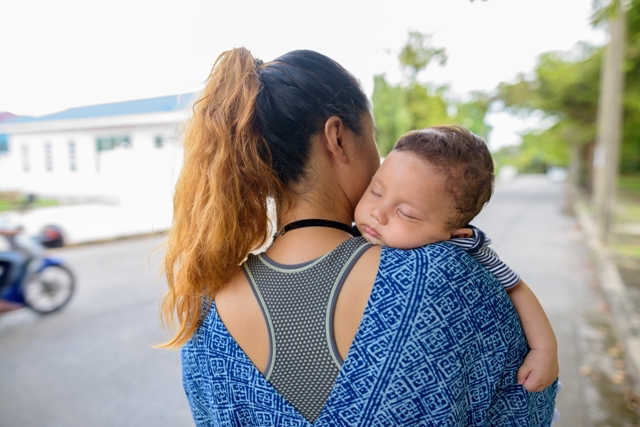Supporting families
October 1, 2018
Supporting at-risk families is critical for advancing the wellbeing of Tasmanian children, new Anglicare research shows.
The two research reports provide useful information for the redesign of the child protection system that’s underway in Tasmania. The work demonstrates that with appropriate support, repeat child removals could be averted and families reunified more quickly. It highlights a range of effective measures in use in Australia and overseas.
“Child removal is traumatic for children and parents, with overwhelming grief and loss, reductions in income and threats to housing stability,” said Breaking the Cycle researcher Teresa Hinton. “At the same time, parents are required to deal with legal processes, maintain positive access to their children, and meet any conditions imposed to address safety concerns”.
Repeat child removal is a significant issue in Tasmania. At present, one fifth of birth mothers who have a child removed by the Child Safety Service will experience further removals, usually of babies and infants. Younger mothers are most at risk. “These mothers need support to end the cycle of misery caused by repeat removals,” said Ms Hinton.
“Acting in the best interests of the child means addressing the long-term welfare of their family,” she said. “What makes a difference is supporting families when they most need it”.
Tasmania has the highest levels of poverty in Australia, and child poverty rates are higher than the national average. A third of Tasmanian households rely on income support payments.
The new research shows most families who have a child removed and placed in out-of-home-care experience a dramatic reduction in income. “Families can suddenly lose between half and two-thirds of their former household income,” said In Limbo researcher Lindsey Fidler. As a result, many can no longer afford the family home. “Families that have met all other safety requirements could have a child’s return halted because the drop in income makes it difficult to afford appropriate housing, food, clothing, car-seats and children’s activities,” she said.
“The drop in income and loss of housing often stalls family reunification – extending the trauma for everyone involved,” said Ms Fidler. “The current system results in children being unnecessarily kept from their families by poverty. Yet the best interests of the child are served by strengthening and supporting families to reunify as quickly as possible,” she said.
The research features ways to overcome these practical barriers, including recommending that families undergoing reunification be prioritised for social and public housing. “By better supporting families, we give children a more stable base to return to,” Ms Fidler said.
The research also recommended an expansion of support services for at-risk families.
Anglicare delivers the Pathway Home program in the North and North West which works with reunifying families to increase parenting skills, establish routines, and improve children’s sense of connection and attachment. “We spend time with families in their own home, and essentially support parents to make that home a happier and safer place for their kids,” said Anglicare’s Michael Voumard.
Find out more about SARC’s research on the child safety system.
Download a copy of Breaking the Cycle.
Download a copy of In Limbo.

